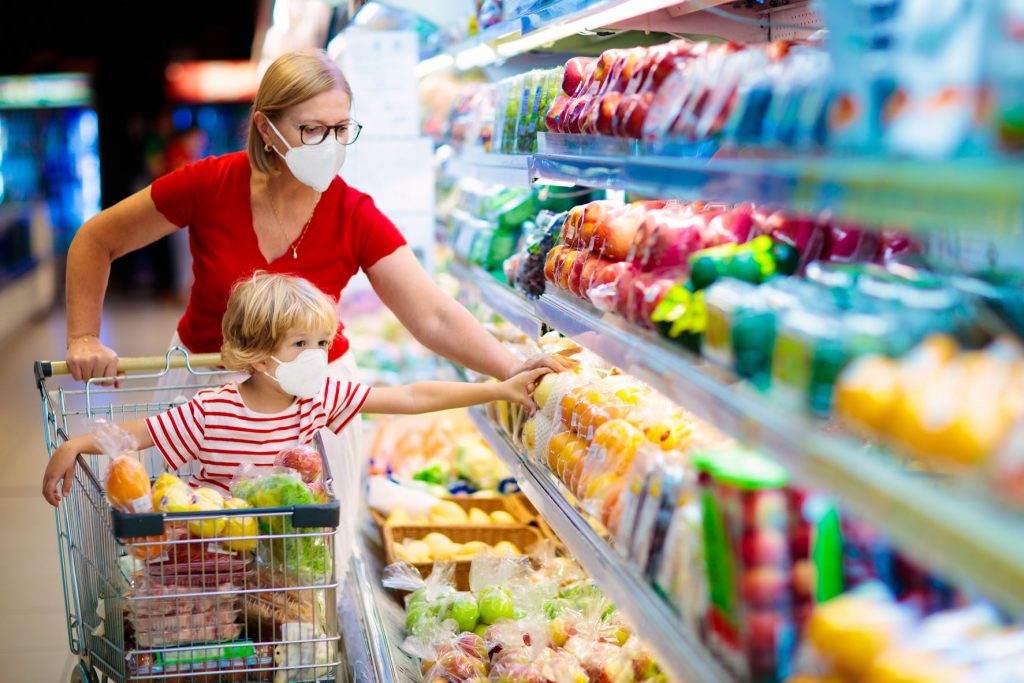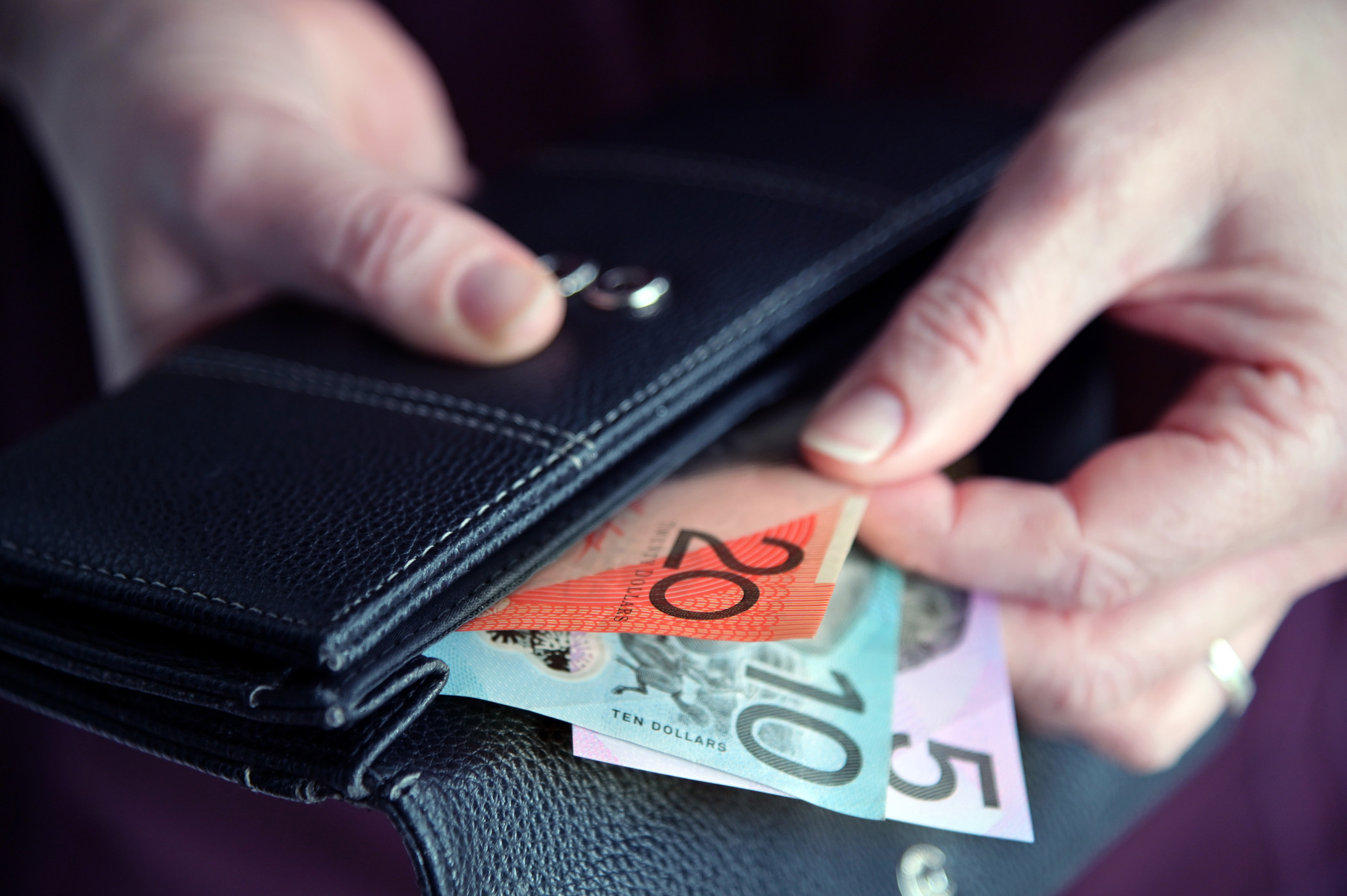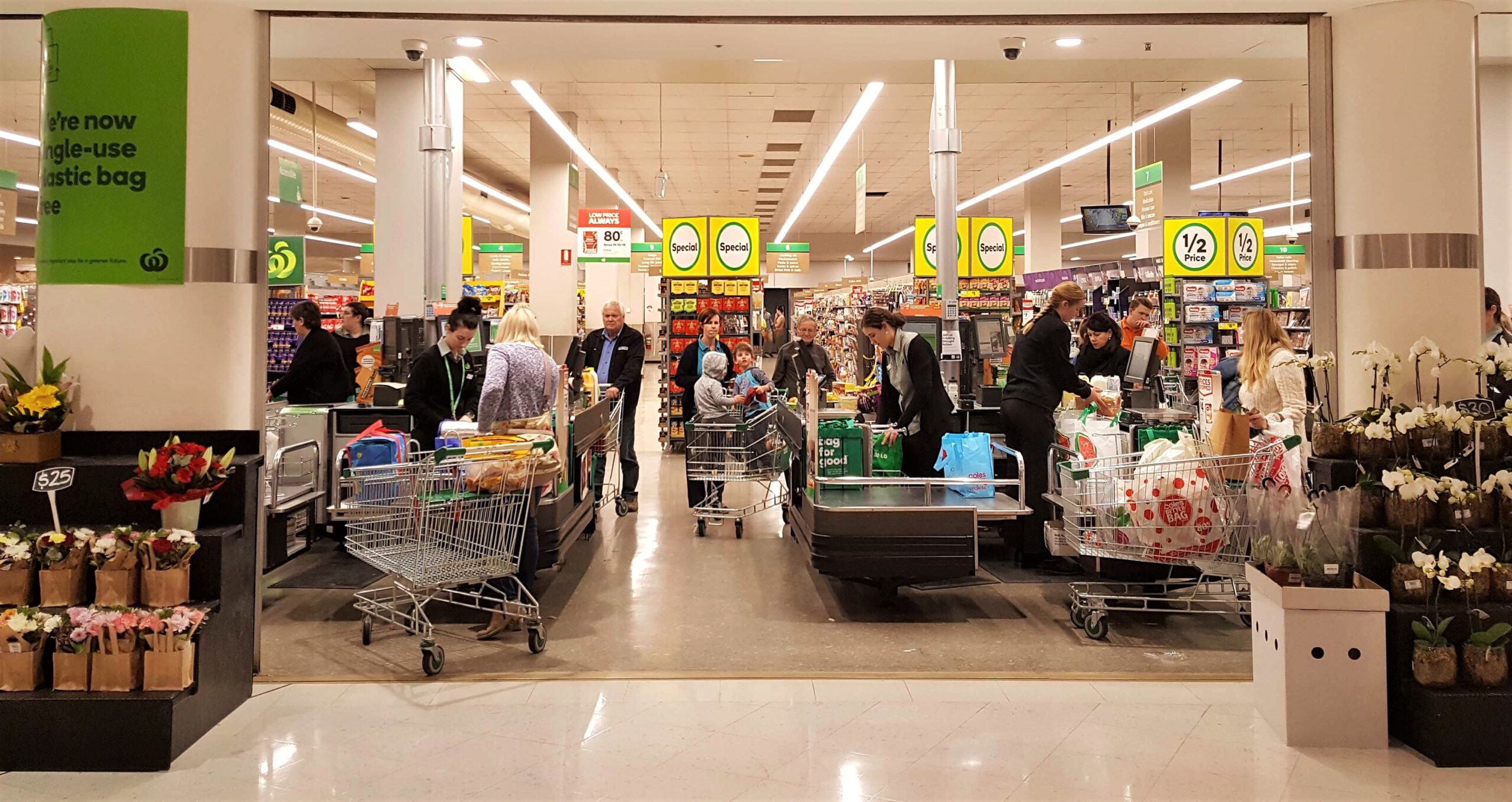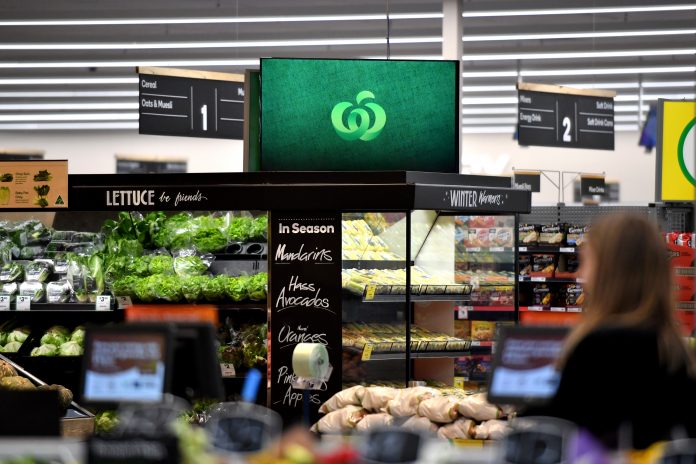One possibly unexpected consequence of the COVID-19 pandemic is that it quickened Australia’s ride on the slippery slope towards non-cash transactions.
This is the third story in a series on Australia’s march towards a cashless society
The pandemic made us all germophobes to varying degrees – wary of touching notes and coins for fear of picking up the virus.
CBS News reported in March 2020 that public health experts believed the novel coronavirus, which causes the potentially deadly COVID-19 disease, was transmittable through “fomites” – surfaces, including paper money, that have been handled by an infected person.
“The belief is that these viruses can stay on surfaces in their fully active states for at least 10 days. That includes cash and all kinds of other surfaces that people normally touch,” Dr Sanjay Maggirwar, chair of the George Washington University School of Medicine’s department of microbiology, immunology and tropical medicine, told CBS MoneyWatch.
“So certainly with the coronavirus, cash handling is a concern.”
Do you have an opinion to share? Submit a Letter to the Editor at Sunshine Coast News via news@sunshinecoastnews.com.au. You must include your name and suburb.

Health-desk.org in May of the same year, however, reported that while the virus can potentially be spread through money, it’s unlikely to cause the COVID-19 illness in humans.
“A recent study has shown that the virus that causes COVID-19 can survive on solid surfaces like coins for up to four days and on paper like cash for up to three hours, but the virus was no longer infectious (viable) after that point.
“There has been no rigorous research to conclude or disprove that COVID-19 can be easily spread through coins and paper money otherwise. Therefore, the risk of catching COVID-19 from the virus sticking to money is very low.”
Those reports did nothing to alleviate our “aversion” to cash, though, as a groundswell of Aussies opted to “tap and go” for more transactions – simply for convenience, if not out of health concerns.
And it seems that businesses large and small have been happy to comply with that new customer habit and demand.

This month, Woolworths Supermarkets moved into line with other retailers by introducing a major change at the checkout: reducing the amount of cash customers can withdraw.
Cash withdrawals have been cut by more than half from $500 to a $200 limit on a per transaction basis – a policy change that Woolworths has stated in media reports is being driven by customer behaviour.
The company is also moving away from cash withdrawals without a purchase.
By the end of October, all shoppers will need to make a purchase before being allowed to withdraw any cash at Woolworths.
“Earlier this month, we reduced the limit of cash customers can withdraw from our stores per transaction, a Woolworths spokesperson told Sunshine Coast News.
“This is due to the lack of cash being used in transactions, with the majority of customers opting for card-only transactions such as Everyday Pay.
“We understand cash remains an important payment option for some customers and that’s why we’ll continue to offer the ability to withdraw cash.”

It is important to remember that retailers such as Woolworths are not a bank. Cash withdrawals and deposits are not their core business.
But one Buderim shopper, who wished to be known as Janet, lamented that it was getting harder for ordinary Australians to use cash for purchases.
Despite coins and notes being legal tender, “the shops are forcing us into this situation where they don’t want cash”, she said.
“I know it started in COVID when it was all about germs, but they’ve pushed it another level now because they don’t want to have to deal with the cash,” Janet said.
“They don’t want to have to pay for the security people to come in and have to count up all the cash and then have a cash float in every till.
“They don’t want that. That’s work and that’s money and that time.
“We’re not a cashless society. I work at an op shop. A lot of people pay cash and that’s the way they want to do business.”
While the new $200 limit would not affect her more-modest requests, Janet said the cash-out facility appeared to be declining – along with the ability to pay with notes and coins – at her local Woolworths at Buderim Market Place.
Want more free local news? Follow Sunshine Coast News on Facebook, LinkedIn and Instagram.
Customers now have only one serviced check-out or the service desk handling cash, and three of the 10 self-serve checkouts are cash and card.
Janet said she had been told that a trial was underway at the Buderim store as a “security measure for staff” in which checkout assistants were no longer physically handling cash.
On Saturday morning last week, customers paying by cash seemed to have no trouble at the serviced checkout in “feeding” notes and coins into their designated units near the bagging area.
Like a mini ATM machine under the counter and similar to the self-service cash slots, the units also spit out change as required.
But the new way of doing cash does take a little getting used to.
“(This last week) I came through the checkout. I had two $2 coins in my hand and I wanted one thing for $4. Really easy,” Janet said.
“(The assistant) wasn’t serving anybody. So, I went up, handed my $4 to her and she immediately backed away as though I’d given her rat poison.
“I had to put my two $2 coins in the slot.
“The other day, I was over at Woolies again and I saw this much-more-elderly lady than myself and she obviously likes to go to a checkout where she’s looked after.
“She then had to put all that money herself in the slots, and I felt so sorry for her.”
Janet said she liked to keep cash in her wallet every week to remain accountable for her purchases.
“I’m of the older generation, so I just don’t want to have to use tap and go everywhere I go,” she said.
“If you just tap and go everywhere, it all adds up. Suddenly, you’ll look at your bank account and you think, ‘Oh, did I really spend that much?’, whereas if you’ve got a little bit of money in your wallet every week, then at least you know when it’s gone.
“I do my shop and then I get cash out. But it’s getting harder and harder to do your shopping and then say, ‘Can I have $50/80 cash out?’ as my little bit of money for the week.”
Anyone who has ever used a serviced ATM facility at a community club and shopping centre or one provided by a different bank to their own knows fees can be as high as $2 or more for the privilege.

But others are also now being “stung” with unexpected surcharges for paying by debit or credit cards, even when paying by cash isn’t offered or is deemed a security risk.
Some businesses are passing on their bank or other charges to customers for having that payment convenience.
The “total price” of a restaurant meal, hotel getaway or even simple purchases is no longer the “actual price” in those instances.
“Recently, we went for a holiday up to Port Douglas, and as soon as we got there to pay the balance, they said, ‘You know there will be a 1.78 per cent surcharge using card,” Janet added.
“You owe a couple of thousand dollars, what are you going to do? Get $2000 cash out and pay? That’s not the way the world works anymore.
“But they’re being charged by the bank so they charge you.”
Help keep independent and fair Sunshine Coast news coming by subscribing to our FREE daily news feed. All it requires is your name and email at the bottom of this article.





